What To Do If You Have Food Poisoning Slideshow
It is very important to avoid dehydration when experiencing food poisoning. Although loss of fluids might depend on the severity of the symptoms, your body loses important minerals like sodium, potassium, and calcium that should be replaced.
Rest
You might have to miss out on some of your itinerary, but resting is better for you in the long term if you're feeling unwell.
Stick to a "BRAT" diet
If your health is starting to improve, ease back into eating by consuming easily digestible foods like bananas, rice, applesauce, and toast (or BRAT). These foods will generally be easier on your stomach, but hold off if your symptoms return.
Avoid certain substances
If not feeling totally up to par, the Mayo Clinic also recommends avoiding "dairy products, caffeine, alcohol, nicotine, and fatty or highly seasoned foods" until symptoms have waned.
Consider taking a high-quality probiotic
According to health coach Lori L. Shemek, Ph.D., CLC, NC, "a key prevention [and recuperation] strategy to help get you on the road to better health is to take a high-quality probiotic, which is simply beneficial bacteria." Shemek notes that 70 percent of our immune system is in our digestive tract and "the beneficial bacteria promote the production of white blood cells that help fight off the infection." She also notes that an exception to this method's effectiveness is if a physician prescribes an antibiotic, since the antibiotic will kill all bacteria. In this case, it's all the more important to replenish beneficial bacteria.
